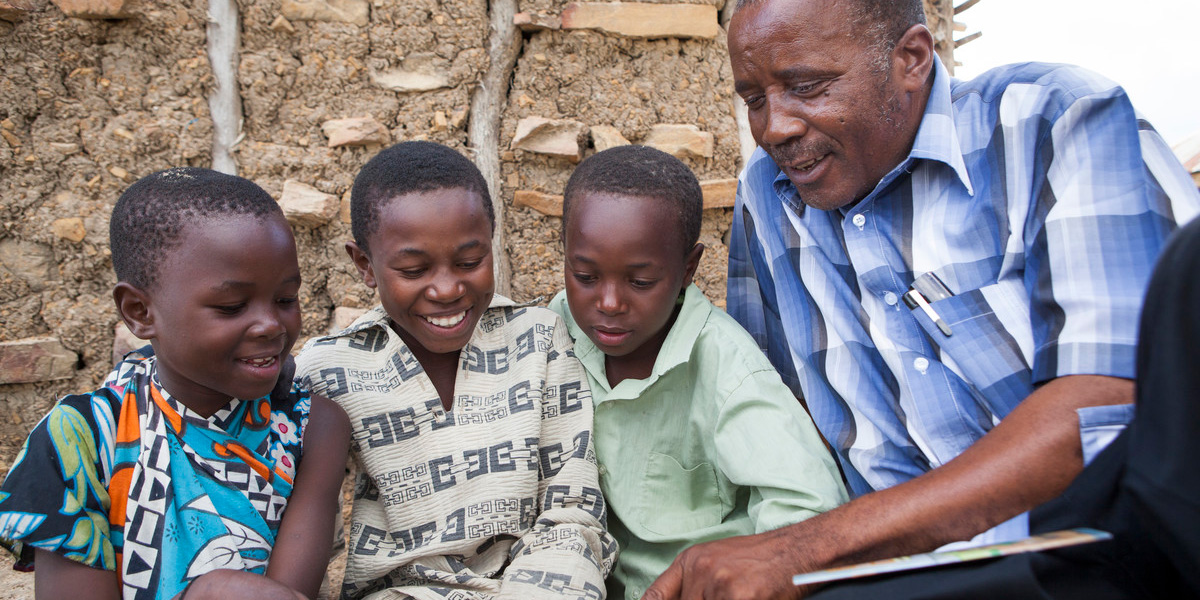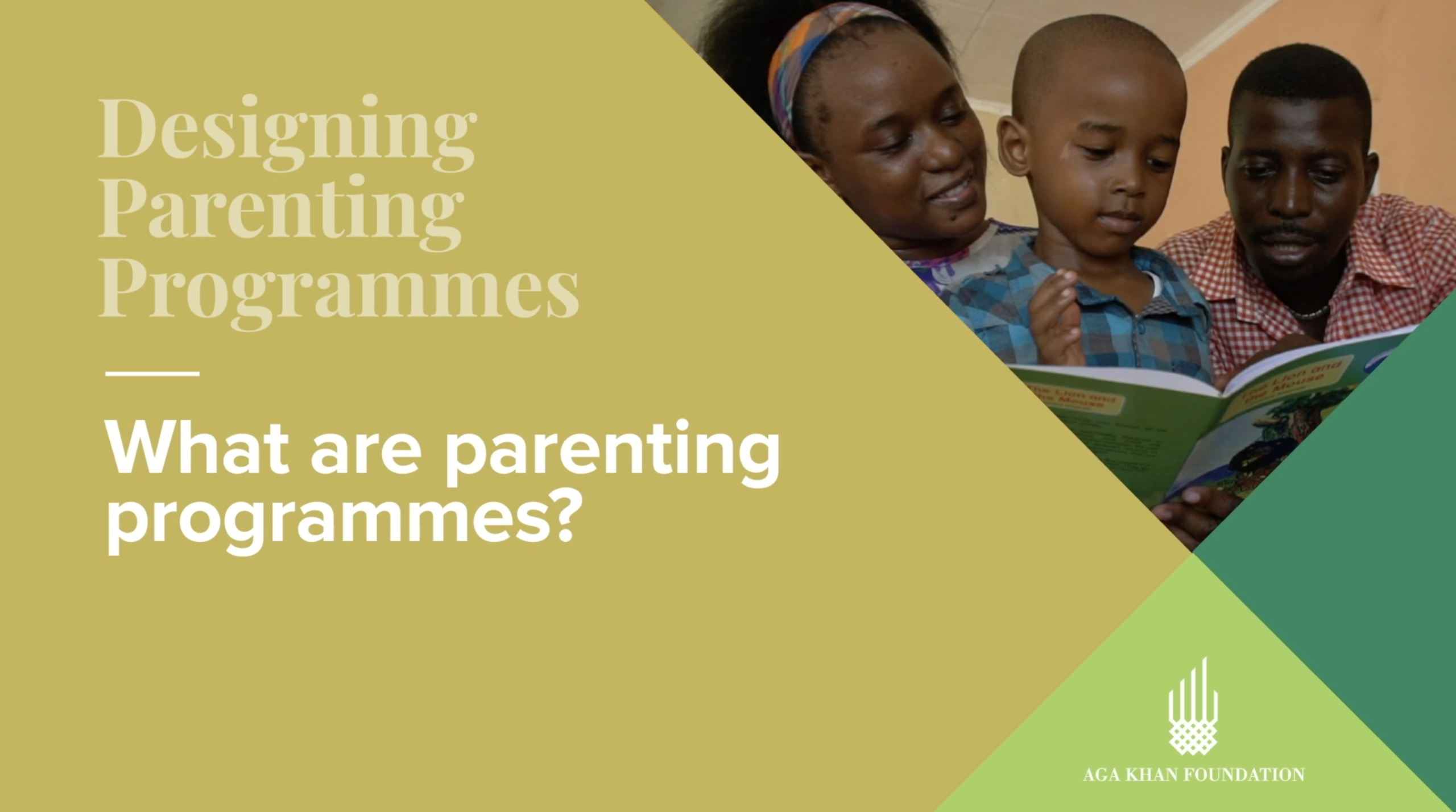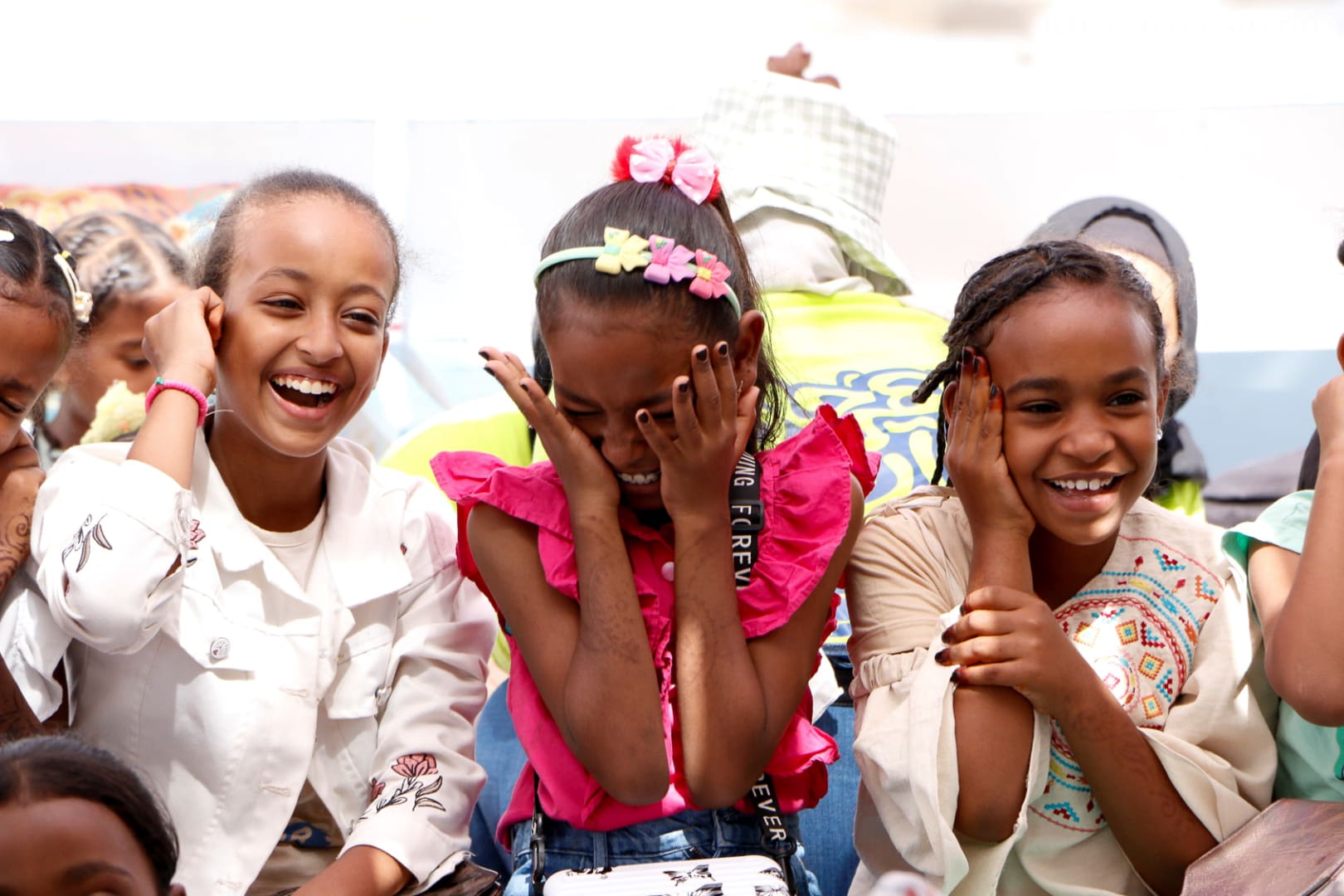The transformative power of parents: AKF launches two new courses to underscore the vital role that parents play in child development
AKF’s Global Lead for Early Childhood Development, Sweta Shah, explains the rationale behind the courses' development

Abdallah Salim lives with his wife Mariam, and 4-year-old son, Salim, in the remote village of Mbuta, which is near Mombasa on the coast of Kenya. Salim goes to Kadiria community pre-school, which has been supported by the Aga Khan Foundation’s long-established Madrasa Early Childhood Programme Kenya (MECP). Abdallah works in construction and is a part time electrician. His wife, Mariam is a stay-at-home mother.
When the COVID-19 pandemic struck Kenya in March 2020, forcing schools to close, Abdallah’s biggest worry was the effect it could pose on the development and learning of Salim. He also worried about how he would protect his family at home. Access to information in his remote village was a challenge.
One day he got a call from Salim’s teacher, Mesalimu, who told him about the Rise and Shine Initiative being implemented by the Madrasa ECD programme. Supported by the Aga Khan Foundation, the Government of Canada and Lego Foundation, the purpose of the initiative is to increase the knowledge and skills of parents like Abdallah and help them realise what they already know – how to ensure that their children could continue to learn, especially through play, develop and reach their full potential – while pre-schools were closed. The initiative provided weekly informative messages on WhatsApp. The messages shared activity and play ideas for parents to do at home with their children, as well as tips to keep families protected from COVID-19.

Through this initiative Abdallah has realised the critical role he plays in his own child’s development. “I have learned so much, but the best advice I received from the intervention was the parenting tips on praising my child, redirecting behaviour through play, and reinforcement of positive behaviour. This has changed our relationship in a very positive way,” said Abdallah. Despite pre-schools being closed, Abdallah has been able to use everyday interactions with his son to support his ongoing learning and development.
“I have learned so much, but the best advice I received from the intervention was the parenting tips on praising my child, redirecting behaviour through play, and reinforcement of positive behaviour. This has changed our relationship in a very positive way”
Abdallah Salim
AKF and its partners, the Madrasa Early Childhood Programme and others, place parents at the centre of all early childhood responses because they share the fundamental belief that parents are children’s first and most important teachers. This is not a new priority – in fact it has been key to AKF’s ECD work for decades. Over the years, AKF has supported many parenting programs across its geographies. However, the pandemic has placed an even greater emphasis on the critical role that they play in ensuring children are safe, loved and can continue to grow and develop.
As part of AKF’s enhancing family and community support initiative, two new virtual courses have been recently developed called: Working With Parents of Young Children and Designing Parenting Programmes which target generalists who want to learn why working with parents of young children is important, and specialists who want to learn how to design parenting programmes. Both courses are completely free.

Though parents all over the world are overwhelmed with the daily challenges of supporting their children’s learning and development – mostly at home – as well as trying to earn a living, there has at least been one silver lining to the current crisis: many parents are now much more interested in parent support programmes, more involved with their child’s development and more actively helping their children to reach their full potential.


Support our work Your donations are helping us build a future where we all thrive together.